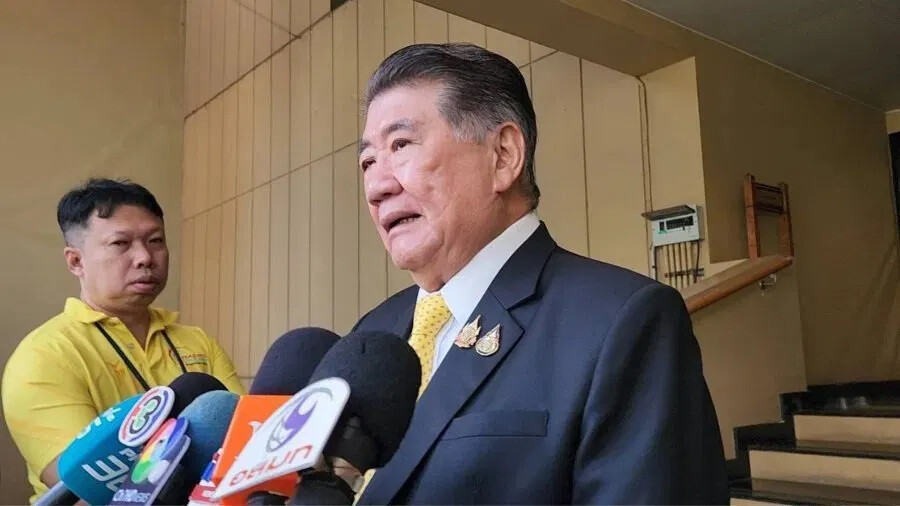
July 27, 2025. As armed clashes on the Thai-Cambodian border enter their third day, international attention is focused on whether U.S. intervention will provide a path to a ceasefire. With the Thai Foreign Ministry expressing its "agreement in principle to a ceasefire" and urging "good faith" from Cambodia, analysts suggest the two nations are at a critical juncture in resolving their conflict.
On July 24, an armed conflict erupted in the long-simmering Thai-Cambodian border region. With both nations blaming the other for the clashes, tensions escalated, making a diplomatic solution seem distant. However, the situation shifted dramatically on July 26 (local time) when news broke that U.S. President Donald Trump had directly called the leaders of both countries, strongly pressuring them to agree to a ceasefire. Trump announced on his social media platform, 'Truth Social,' that he had spoken with "Thai Deputy Prime Minister Phumtham Wechayachai and Cambodian Prime Minister Hun Manet," delivering a firm message that "if they do not agree to a ceasefire, the United States will not enter into trade agreements with either country."
Trump's "trade agreement" card acted as significant diplomatic pressure on both nations. The leaders, for whom economic ties with the U.S. are crucial, immediately agreed to meet and signaled their willingness to enter into ceasefire negotiations. Following this, the Thai Foreign Ministry issued an official statement saying, "We thank U.S. President Trump for his mediation and agree in principle to a ceasefire." This was the first official signal of Thailand's willingness for a peaceful resolution, showing that the country, which had been silent since the clashes began, had succumbed to international pressure.
However, the Thai Foreign Ministry's statement was more of a "conditional" agreement, calling for a change in Cambodia's attitude rather than a simple ceasefire. The statement explicitly said, "We hope for the Cambodian side to show 'good faith'" and "Thailand hopes to swiftly move forward with bilateral talks to establish ceasefire measures and procedures." This is interpreted as Thailand's emphasis that while it is willing to stop the use of force first, Cambodia must also approach negotiations with a proactive attitude. The Thai Deputy Prime Minister reportedly asked President Trump to convey this message to Cambodia, showing an expectation of continued U.S. mediation.
Currently, the Cambodian government has yet to issue an official response. Despite agreeing to an immediate meeting during the call with President Trump, it remains uncertain what stance Cambodia will take on the "bilateral talks" and "ceasefire procedures" proposed by Thailand. Given the deep-seated distrust and nationalistic sentiments that have built up over a long period concerning the border dispute, some observers suggest that the conflict will be difficult to resolve with simple political pressure alone.
This incident suggests that a long-standing border dispute in Southeast Asia has entered a new phase with the intervention of a major international power. Trump's use of "trade agreements" as leverage could also become a new diplomatic tool for resolving future international conflicts. All eyes are now on Cambodia's next move, and the world is watching to see if the two nations can find a path to peace.
[Copyright (c) Global Economic Times. All Rights Reserved.]






























